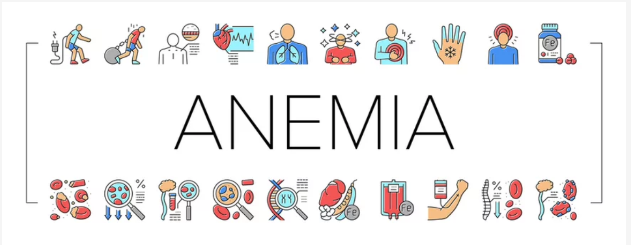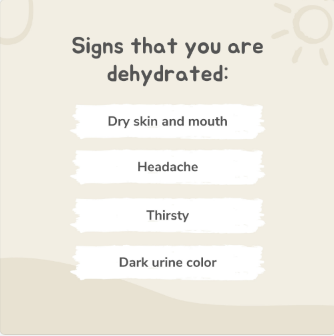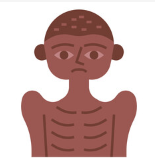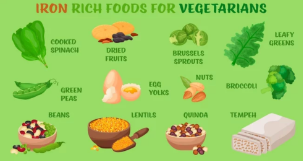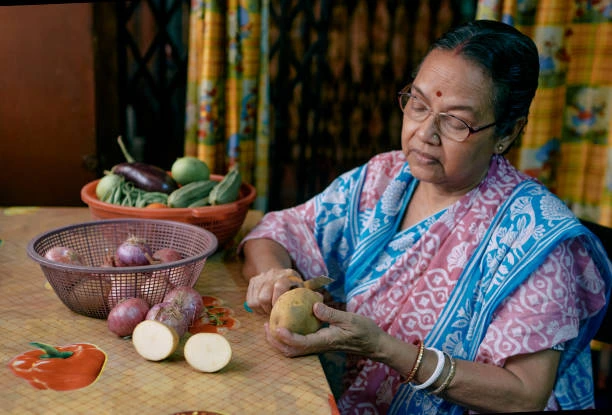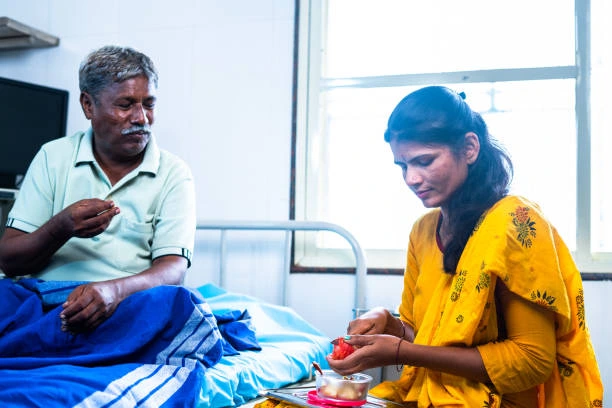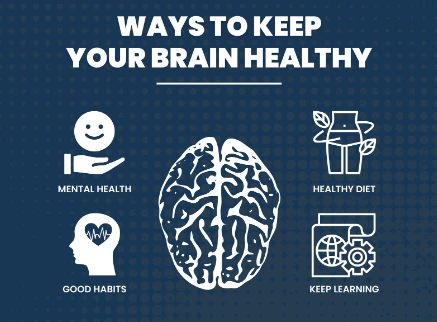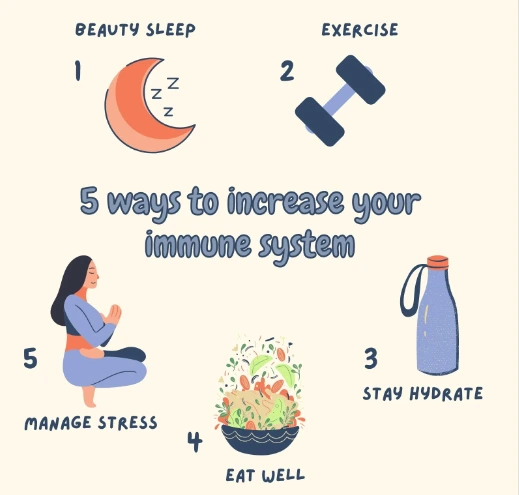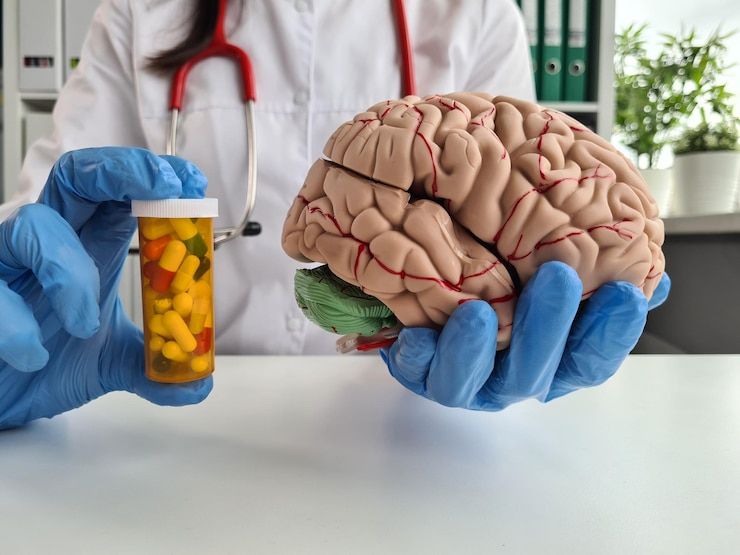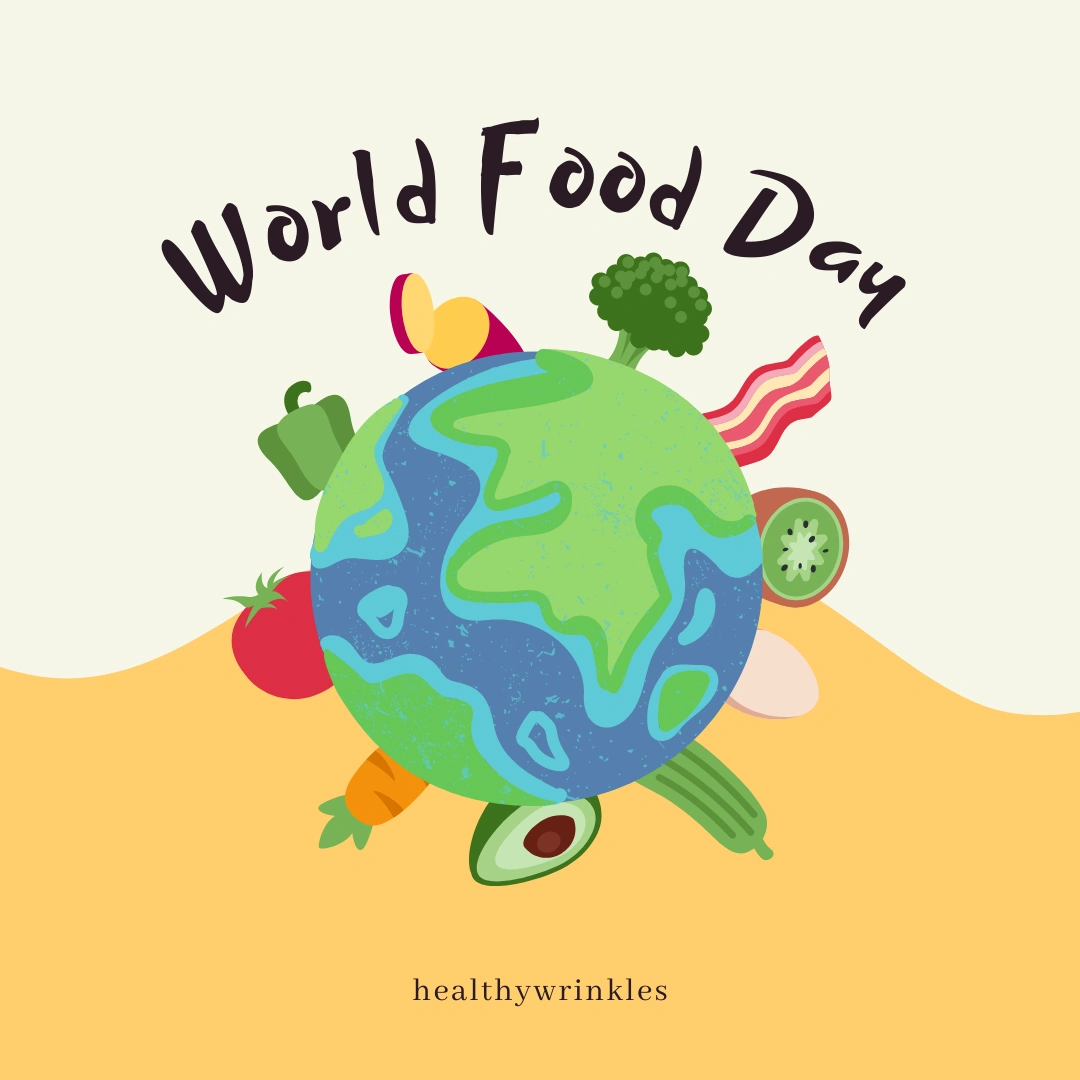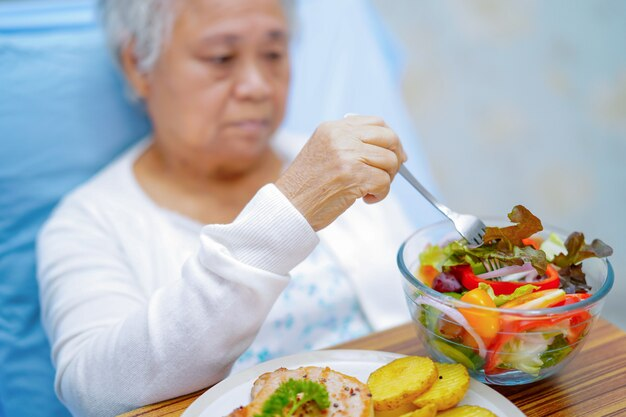What are three common nutrition related problems in the elderly
28-09-24
As we age, our bodies undergo various changes, including changes in our nutritional needs. As a result, the elderly are more susceptible to nutrition-related problems. In this article, we will explore three of the most common nutrition-related problems that affect the elderly. Searching for a nutritionist near me?
Healthywrinkles has an amazing list with 100s of options.
Malnutrition
Malnutrition is a common problem in the elderly, and it can have serious consequences. Malnutrition can occur due to a variety of reasons, such as decreased appetite, difficulty chewing or swallowing, and gastrointestinal issues. Malnutrition can lead to a weakened immune system, muscle weakness, and an increased risk of falls and fractures.
To prevent malnutrition, the elderly should consume a balanced and nutrient-rich diet that includes protein, healthy fats, and a variety of fruits and vegetables. If necessary, the elderly can also use supplements to ensure that they are getting enough nutrients. Know more about nutrition for seniors from our experts.
Dehydration
Dehydration is a common problem in the elderly, and it can be caused by various factors, such as medication, decreased thirst sensation, and kidney problems. Dehydration can lead to a range of health issues, including urinary tract infections, confusion, and even hospitalization.
To prevent dehydration, the elderly should aim to drink at least eight glasses of water a day, and consume hydrating foods such as fruits and vegetables. It is also important to limit caffeine and alcohol intake, as they can contribute to dehydration.
Osteoporosis
Osteoporosis is a condition in which the bones become weak and brittle, and it is a common problem in the elderly, especially in women. Osteoporosis can be caused by various factors, such as a lack of calcium and vitamin D, as well as hormonal changes.
To prevent osteoporosis, the elderly should consume a diet that is rich in calcium and vitamin D, such as dairy products, leafy green vegetables, and fortified cereals. Regular weight-bearing exercises can also help to prevent osteoporosis by strengthening the bones. Consult a nutritionist now who can help you age gracefully.
In conclusion, the elderly are more susceptible to nutrition-related problems, and it is important to take steps to prevent these problems. Know more from our experts on senior care. By consuming a balanced and nutrient-rich diet, staying hydrated, and engaging in regular exercise, the elderly can improve their overall health and well-being.
